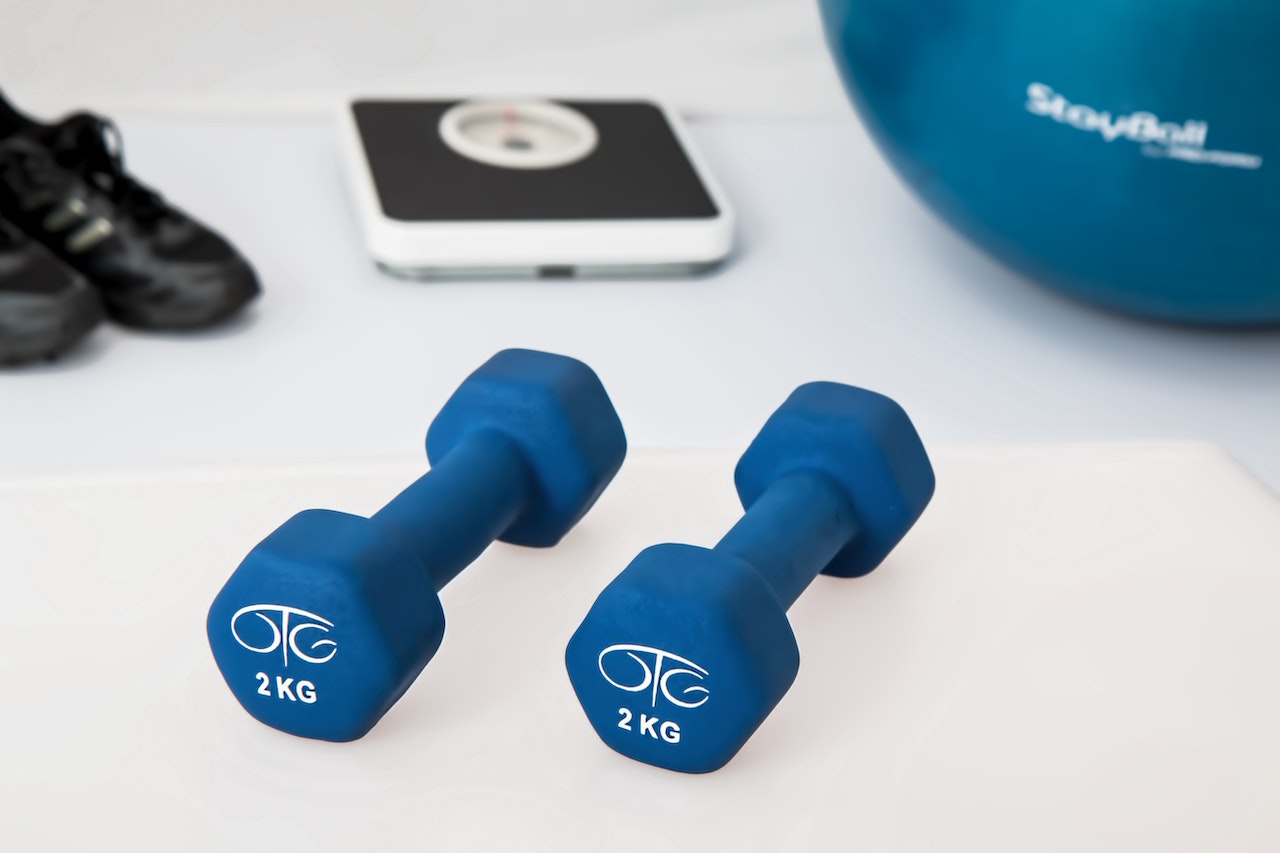6 Tricks To Stop Making Excuses To Exercise

Exercise is an important part of living a healthy lifestyle, but many people struggle to make it a habit. Excuses such as “I’m too busy,” “I’m too tired,” or “I’ll start tomorrow” frequently prevent people from beginning or continuing an exercise regimen. Making excuses, on the other hand, keeps us from reaching our fitness goals and living a healthier life. This article will go over six tips to help you stop making excuses and start exercising regularly.
Set Realistic Goals
Setting unattainable goals is a common blunder that can lead to disappointment and frustration. It’s critical to understand that reaching fitness goals takes time and effort. Remember to divide your ultimate goal into smaller, more manageable milestones to keep yourself motivated and focused. Setting a goal of running a marathon in six months, for example, is unrealistic if you’ve never run before. Begin with a smaller goal, such as running for 10 minutes every day. Once you’ve consistently met that goal, gradually increase the time and distance. Setting realistic goals helps you stay motivated and makes incorporating exercise into your daily routine easier.
Schedule Your Workouts
One of the most common reasons people give for not exercising is a lack of time. We all have the same 24 hours in a day, however, and it is up to us to prioritize our time. Making exercise a priority can be accomplished by scheduling your workouts. Schedule your training just like you would a meeting or a doctor’s appointment. Decide on the best time of day for you and make it a non-negotiable part of your daily routine. Create a consistent schedule and stick to it, whether you prefer to exercise in the morning, afternoon, or evening. If you stick to your workout schedule on a regular basis, it will quickly become a habit that you will find easier to maintain.
Find an Exercise Buddy

Exercising with a friend or family member can make it more fun and hold you accountable. You’re less likely to skip your training if you know someone is waiting for you at the gym or park. What’s more, having a workout buddy can provide motivation and support during difficult workouts. If you don’t have a friend or family member who can join you, consider joining a fitness class or group like Grit Team Training, where you can meet other people who are interested in the same things you are. Being surrounded by people who share your fitness goals can provide the motivation you need to keep up with your workouts.
Remove Barriers
It’s often the small things that keep us from exercising. If you have to drive 30 minutes to the gym, for example, you may be less likely to go. If you have to look for your workout clothes, you might skip it entirely. Make exercise as convenient as possible to remove these barriers. If going to the gym is too inconvenient, try working out at home or going for a walk or run around your neighborhood. Make sure to lay out your workout clothes the night before so they’re ready to go when you wake up. Removing these minor impediments to exercise can have a significant impact on your motivation.
Change Your Mindset
Our excuses are frequently based on negative self-talk. “I’m not fit enough,” “I’m too old,” or “I’ll never be able to do that,” we tell ourselves. These thoughts can prevent us from reaching our fitness objectives. Instead, strive for a growth mindset. This entails believing that your abilities can be improved through hard work and practice. If you’re having trouble with a workout, focus on your progress, no matter how small. Remember that everyone has to start somewhere, and it’s normal to make mistakes and experience setbacks. You can start to see exercise as a way to improve and grow by changing your mindset, rather than a chore or punishment.
Reward Yourself

As a last motivational tool, rewarding yourself for your efforts can be effective. Reward yourself with something enjoyable, like a massage, a movie, or a new set of exercise shoes, after you accomplish a fitness goal or complete a challenging session. Exercise can be made more fun by using prizes to reinforce positive behavior. It is crucial to choose rewards that support your fitness goals, though. For instance, rewarding yourself with a huge slice of cake after every workout might not be the ideal choice if you’re attempting to lose weight. Think about giving yourself non-food rewards like a spa day or a new training clothing.
Making excuses for not exercising is a common issue, but it does not have to be a hindrance. We can stop making excuses and start exercising regularly by setting realistic goals, scheduling workouts, finding an exercise buddy, removing barriers, changing our mindset, and rewarding ourselves.